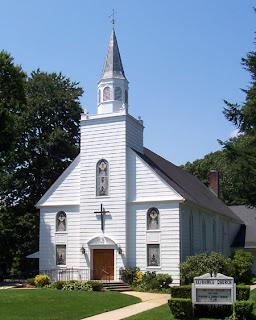 During drive time I'm listening to What is the Mission of the Church? Making Sense of Social Justice, Shalom and the Great Commission, by Kevin DeYoung & Greg Gilbert.
During drive time I'm listening to What is the Mission of the Church? Making Sense of Social Justice, Shalom and the Great Commission, by Kevin DeYoung & Greg Gilbert. Very thankful to ChristianAudio.com for their offer of a free download on this!
Here are some popular highlights, which will give a sense of the direction of this work:
We believe the church is sent into the world to witness to Jesus by proclaiming the gospel and making disciples of all nations. This is our task. This is our unique and central calling.
God does not send out his church to conquer. He sends us out in the name of the One who has already conquered. We go only because he reigns.
We are concerned that in all our passion for renewing the city or tackling social problems, we run the risk of marginalizing the one thing that makes Christian mission Christian: namely, making disciples of Jesus Christ.
If there are missiological implications from Genesis, their emphasis is not “go and bless everyone” but rather “go and call the nations to put their faith in Christ.”
We’d do better to speak of living as citizens of the kingdom, rather than telling our people that they build the kingdom.
We want the church to remember that there is something worse than death and something better than human flourishing. If we hope only for renewed cities and restored bodies in this life, we are of all people most to be pitied.
If you are looking for a picture of the early church giving itself to creation care, plans for societal renewal, and strategies to serve the community in Jesus’s name, you won’t find them in Acts. But if you are looking for preaching, teaching, and the centrality of the Word, this is your book. The story of Acts is the story of the earliest Christians’ efforts to carry out the commission given them in Acts 1:8.
Comments